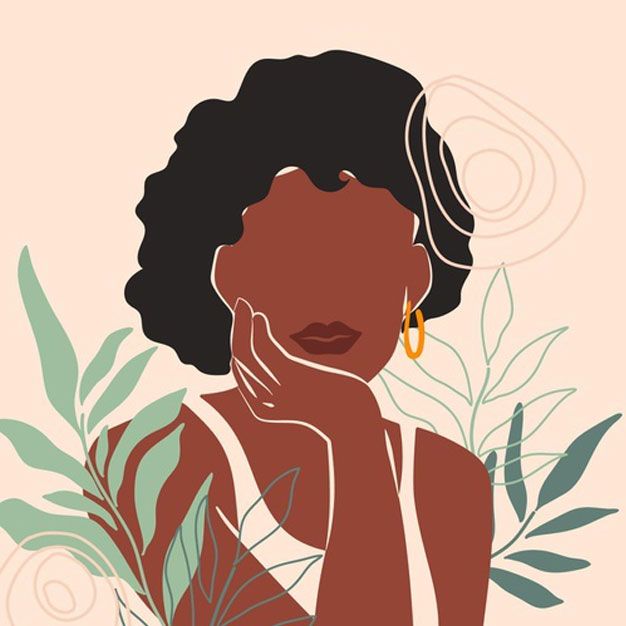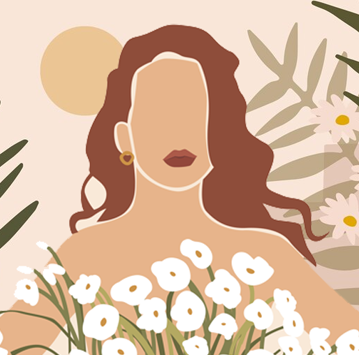Trichotillomania, a chronic medical condition characterized by the irresistible urge to pull out one's hair, poses unique challenges when it comes to hair care. While the cosmetic and therapeutic benefits of certain hair products are well-known, individuals with trichotillomania may need to approach hair care with caution due to their specific condition.
This article explores why careful selection of hair products is essential and provides guidance on choosing products that may help manage the condition without exacerbating hair-pulling urges or unintentionally causing a flare up.
Trichotillomania is not only about hair pulling; it's also about managing the skin and scalp's condition to minimize triggers of pulling. Hair care products that soothe the scalp or leave it feeling less irritated can be beneficial.
However, it's crucial to avoid products that might increase the urge to pull through tactile or sensory feedback.
Below are some recommendations from your friendly HFHP guides who have shared what they've experienced, and what works best for them when choosing hair care products.
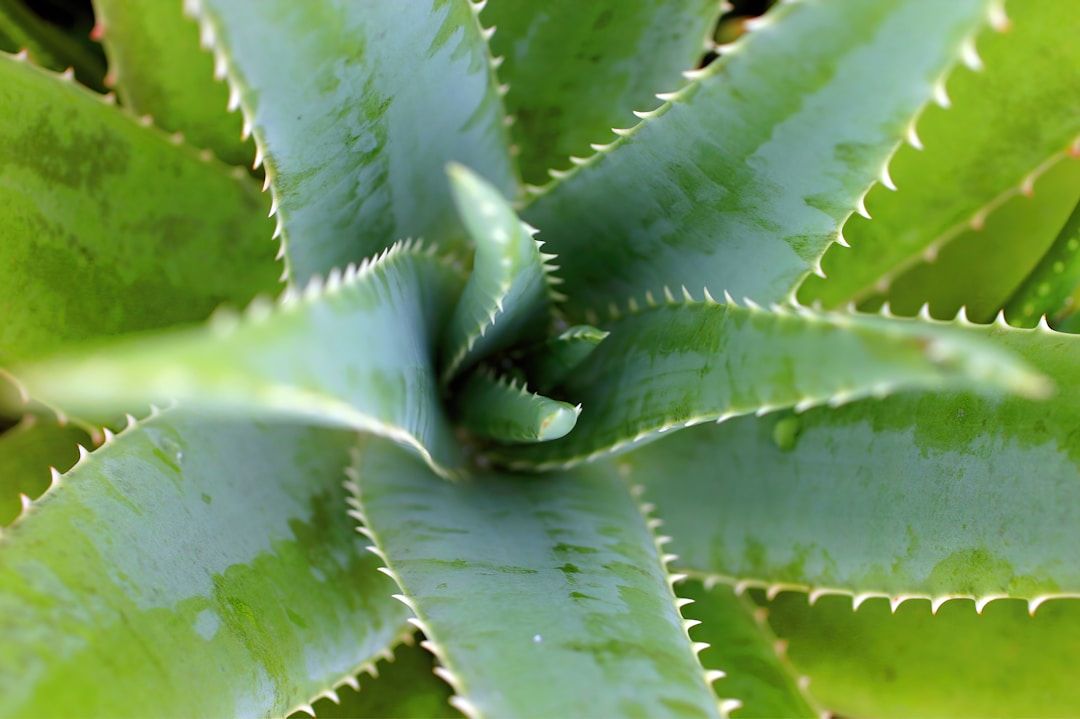
- Moisturizing and Soothing Oils:
Products like coconut oil, which has antibacterial and anti-itch properties, can soothe the scalp and potentially reduce the urge to pull. It's vital to use such products sparingly, especially around sensitive areas like eyelashes and eyebrows.
- Aloe Vera:
Known for its soothing properties, aloe vera can be applied directly from the plant to the scalp. Keeping aloe vera gel or a cut leaf in the refrigerator enhances its soothing effects when applied to irritated areas.
- Tea Tree Oil:
Recognized for its ability to soothe itchy scalps, tea tree oil can be beneficial after episodes of hair pulling, helping to calm the scalp and reduce subsequent urges.
- Witch Hazel:
This natural astringent can soothe the scalp and may help in managing minor irritation that could lead to pulling.
- Infrared Light Therapy:
While primarily used to stimulate hair growth, infrared light can also help heal sores or irritated areas on the scalp, potentially reducing the compulsion to pull.
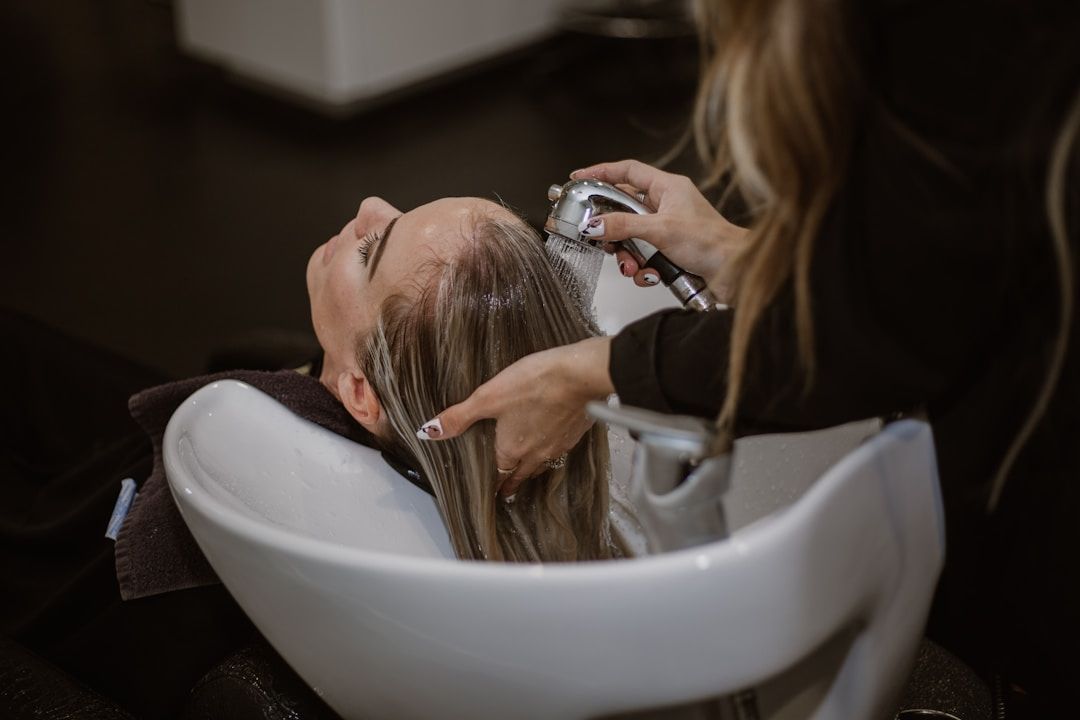
Just as some hair products may help, others might worsen the condition. If you have trichotillomania, consider avoiding products that can irritate the scalp or leave residues that might trigger pulling, such as:1. High pH Shampoos:
Products like Neutrogena shampoo that are designed to balance pH levels can inadvertently increase the urge to pull due to the tactile sensation they leave on the scalp.
2. Alcohol-based Products:
These can dry out the scalp, making irritation and itching worse, which may lead to increased hair-pulling behavior.
3. Hair Products Made with Sulfates and Fragrances:
These ingredients are common irritants that can exacerbate scalp sensitivity and should be avoided to reduce the risk of triggering pulling. Try to use hair care products that are labelled as Sulfate-Free and Fragrance-Free.
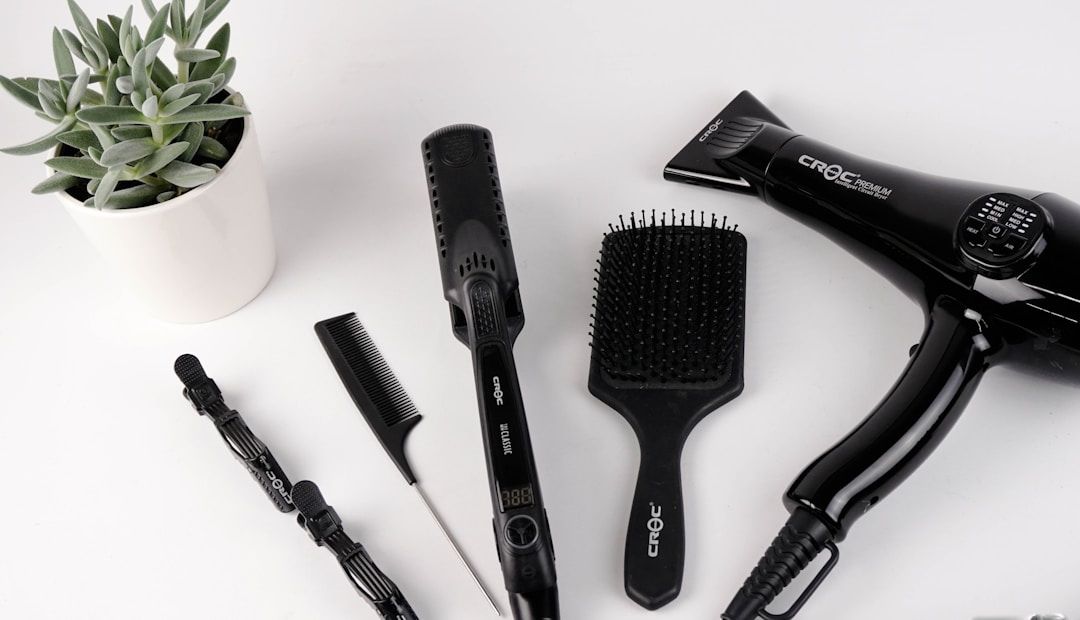
The approach to hair care for individuals with eczema offers valuable insights for those with trichotillomania.
Eczema sufferers often avoid irritants and allergens in hair care products to prevent flare-ups, which is a principle that can benefit those with trichotillomania as well.
Non-irritating, fragrance-free shampoos and conditioners, often recommended for eczema, can also be suitable for those with trichotillomania to minimize scalp irritation and the associated pulling urges.
By selecting products that soothe and moisturize the scalp without irritating it, and avoiding those that could trigger pulling behavior, individuals can maintain better control over their urges and promote a healthier scalp and hair environment.
At Healing from Hair Pulling (HFHP), we understand the complexity of living with trichotillomania. That’s why we offer
health education programs and personalized action plans designed specifically for women. Our team members know firsthand how isolating TTM can feel because many of us have been in your shoes.
Our guides are here to help you manage your symptoms and empower you to advocate for yourself in every area of your life—including your cosmetic care.





